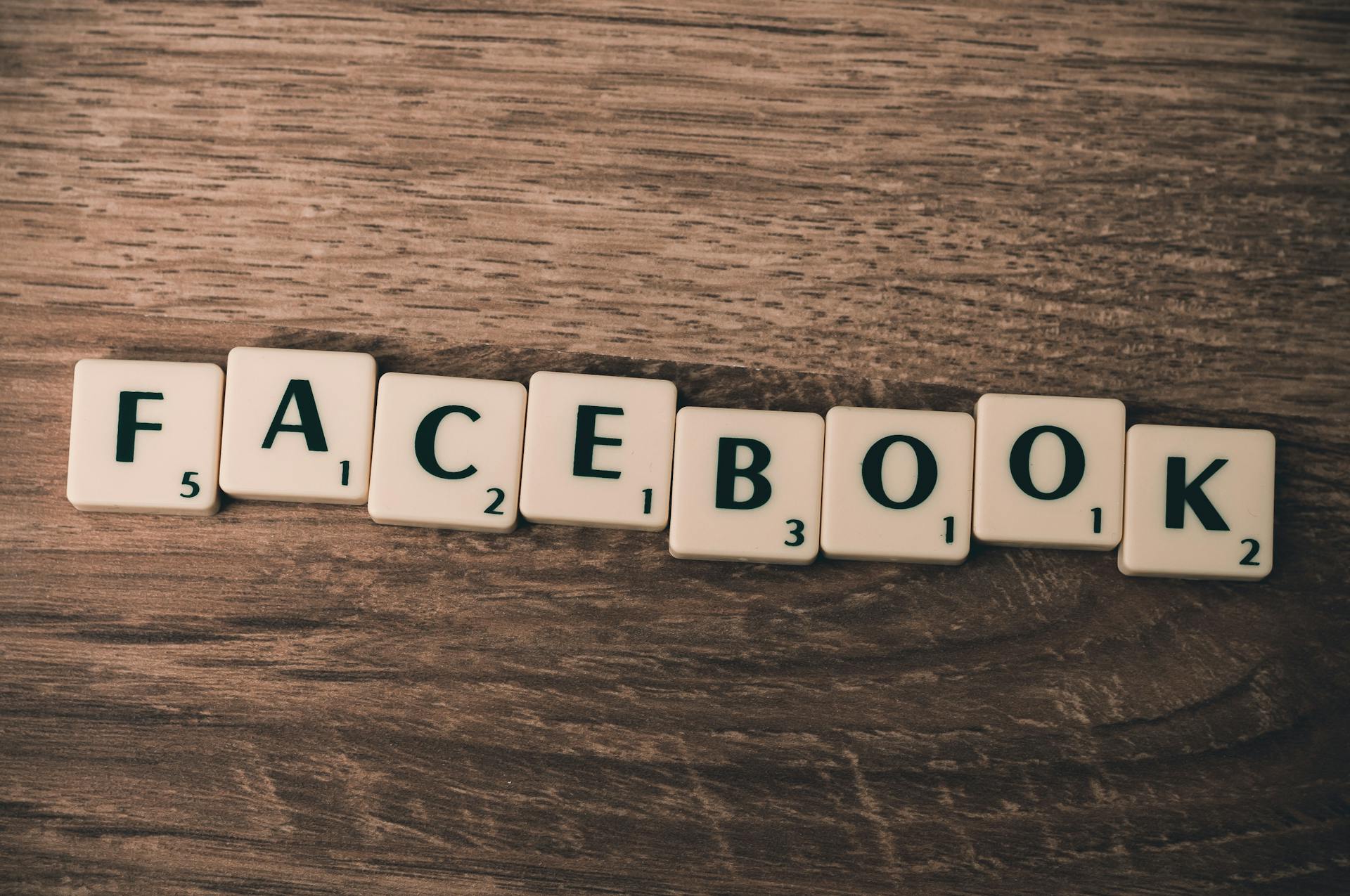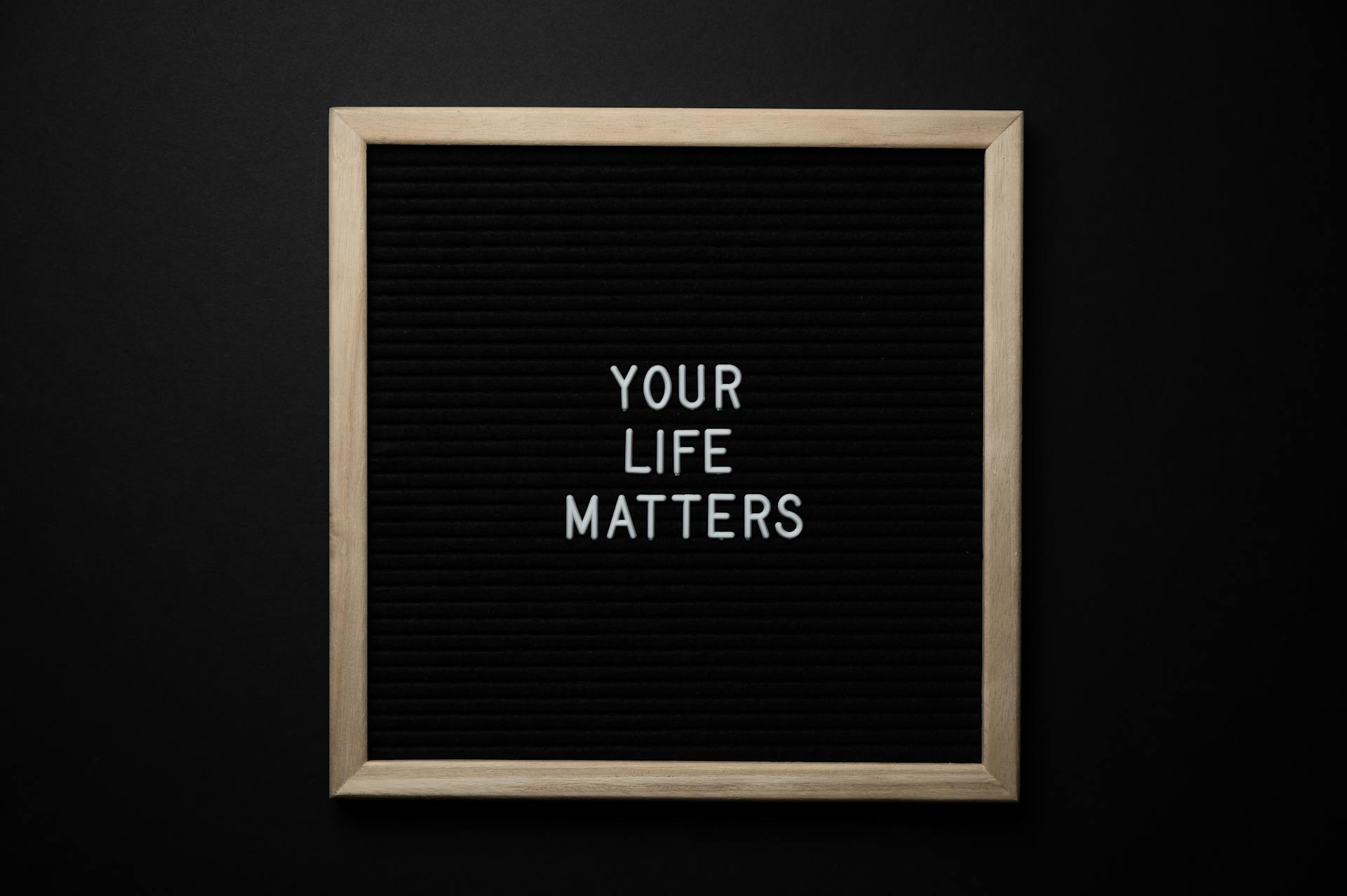
In simple English, Avoidant Personality Disorder (AVPD) is an anxious personality disorder that is characterized by excessive social anxiety and inhibition fear. People affected typically display extreme sensitivity to negative evaluation and have severe feelings of being ridiculed, humiliated, or rejected in social interaction. They have a strong desire to avoid social interaction and pre-emptively abandon relationships due to imagined fears.
AVPD is a maladaptive coping method where individuals self-imposed social isolation as a defense mechanism against the feared stimuli of rejection and criticism. It is estimated that approximately equal numbers of men and women experience AVPD, but due to the socially inept nature of the disorder, it often goes undiagnosed. This avoidance behavior may stem from childhood emotional neglect or peer group rejection, which puts individuals at increased risk for developing AVPD.
This content guide aims to provide information on AVPD, including its symptoms, causes, and treatment options. We will also explore notable history related to the disorder and discuss how AVPD differs from other personality disorders. If you or someone you know struggles with personally unappealing social interactions or avoids them altogether, read on to learn more about this debilitating condition.
Spotting the Telltale Indications of Social Awkwardness
Being socially inept can be tough, especially when you're not sure how to behave in a social situation. Some common signs of social awkwardness include difficulty talking, feeling self-conscious, and avoiding eye contact. If you're unsure how to read body language or feel anxious around others, these could be indications that you struggle with social interactions.
One of the most obvious signs of social awkwardness is having a hard time communicating with others. Whether it's because you're shy, uncomfortable, or just don't know what to say, being unable to hold a conversation can make it difficult to connect with people. This can lead to feelings of isolation and loneliness if left unaddressed.
Another indication of social awkwardness is feeling self-conscious around others. You might worry about what others think of you or feel like you don't fit in. Avoiding eye contact is also common among those who struggle with social interactions. If you find yourself looking away or down when talking to someone, it could be a sign that you're feeling uneasy or uncomfortable. Overall, being aware of these indications can help you recognize when you or someone else may need additional support in navigating social situations.
1. Awkwardness, anxiety, and introversion
When it comes to terms like social awkwardness, introversion, and social anxiety disorder, many people might feel drained just thinking about having to spend time in social situations. Being an introverted personality trait is not the same as feeling intense anxiety or being judged and wanting to avoid social situations altogether. Experience panic attacks related to social situations can signal a social anxiety disorder. Dr. Nicholette Leanza LPCC-S from Lifestance Health offers expert guidance on how to navigate socially inept feelings.
2. Is social awkwardness a good thing?
Many people feel uncomfortable in social situations and consider themselves socially awkward. However, this may not necessarily be a bad thing. According to board-certified psychiatrist based in Los Angeles, Dr. Alejandro Alva, many professions require a certain level of social ineptitude to excel. While small talk and superficial interactions may not come naturally to socially awkward individuals, they often have deeper insights and are able to connect with others on a more meaningful level.
3. How do I know if I’m socially awkward?
If you often feel uncomfortable or anxious during social interactions and struggle to connect with others, you may be socially awkward. It's important to recognize this behavior in yourself so that you can move forward and work on improving your social skills. While social awkwardness is commonly associated with introversion, it's important to note that it can also be a symptom of social anxiety disorder.
Mastering Social Skills: Overcoming Socially Inept Behavior

Socially inept behavior can be a real struggle for many people, causing a great deal of social anxiety and making it difficult to experience socializing in a comfortable way. Feeling socially outcasted or physically pained during social interactions can lead to loneliness, which makes things worse. This awkward paradox can leave one feeling stuck and hopeless, but fortunately, socializing is a skill that can be learned.
Many socially adept people, including science-backed author and people founder Vanessa Van Edwards, understand the importance of mastering natural social skills. The ability to greet people and start conversations with ease is not something reserved for the "social pro," but accessible to anyone willing to put in some effort. Unfortunately, this doesn't come naturally to everyone, so being aware of ways to improve is key.
One thing socially inept individuals can do is practice body language techniques that help them feel more relaxed and confident. Learning how to make friends through shared interests or hobbies is another powerful tool that should not be overlooked. By focusing on these 15 ways to overcome social awkwardness, anyone can become more socially adept and feel part of the group rather than an outsider struggling with humiliating stomach-churning feelings.
1. Be a good listener
Being a good listener is a social superpower that can stop feeling socially inept. Instead of worrying about coming up with perfectly witty answers or being conversationally charming, focus on honing your listening skills. Loud listener humans love hearing listening sounds, so practice making eye contact, nodding, and even subtly humming "mhmm" to show you're engaged. Give positive reinforcement by asking great questions or showing enthusiasm for their story. The action step? Notice when someone's not present because they're texting or seem unimportant because you don't care. Being an active listener versus an unengaged listener are essential traits in any social situation.
2. Stop identifying as “socially awkward.”
If you feel socially inept, stop identifying as "socially awkward." Author James Clear asserts that social skills require changing daily habits and establishing new ones to improve in social situations. As a recovering awkward person, Vanessa Van Edwards, a socializing habit expert, suggests avoiding conversational traps that produce boring, predictable one-word answers. Start conversations with an initial point of small talk or rehearse conversation starters before attending a networking event, date or party; things add up to help eliminate awkward tendencies and feel more comfortable in social settings.
3. Take 2000+ Conversation Starters to Go – FREE!
Are you tired of the awkward silence that often comes with social interactions? Look no further! With over 2000 conversation starters at your fingertips, you're prepared for any situation. This free resource provides quick access to browse and quickly share with others, making your social interactions a breeze.
4. Practice your social skills in low-pressure situations
One of the easiest ways to overcome social awkwardness and improve your conversation skills is to practice in low-pressure settings. Don't make the big mistake of avoiding social situations because you feel socially awkward or don't know what to say. Instead, take advantage of opportunities to chat with wonderful service workers like Uber/Lyft drivers or valet attendants. Practicing conversation vulnerability in these low-pressure settings can help you become more socially adept, and it might even become your favorite thing to do!
5. Replace negative thoughts with positive affirmations
Research shows that socially inept individuals often experience perceived threats in social situations, leading to negative thoughts about their social abilities. An action step to replace negative thoughts with positive beliefs is to internally affirm with scientifically-proven affirmations check. With over 120 positive daily affirmations, anyone can become a socially savvy person! Pro tip: remember that being shy isn't the same as awkward shyness - it's all about repeated social habits. Overcoming shyness is achievable with these 6 science-backed strategies for improving your social life.
6. Be empathetic
Being empathetic is an important habit to cultivate, especially if you're socially inept. Highly empathetic people include seeking similarities, having open body language (slightly leaning forward with uncrossed arms), making eye contact, paying attention, sharing relevant commentary, making kind and encouraging comments, and avoiding judgmental phrases. To learn more about how to be highly empathetic, watch Stanford psychologist Jamil Zaki's TEDx talk. With empathy, you can easily relate to peoples' emotions and avoid saying the wrong thing at the inappropriate time.
7. Find balance with eye contact
Eye contact is a delicate balance when it comes to social interactions. While it's socially acceptable to maintain eye contact for 3-5 seconds when you're talking, don't forget that life balance also means critical avoiding eye contact if you're socially unskilled depending on the situation. Not giving enough eye contact may make you seem uninterested, while staring too long can make others uncomfortable. Remember, finding balance with eye contact is key to showing that you're listening and engaged in conversations.
8. Don’t violate the personal space bubble
Have you ever encountered a close talker and feel uncomfortable? It's a pretty common experience that people react to in funny ways. Violating someone's personal space is not socially acceptable in many countries, so it's important to pay attention to social norms. Taking steps to respect the personal space of the people you're hanging out with can make for a more comfortable and enjoyable interaction. Check out this funny clip of how people stand when a close talker violates their personal space!
9. Don’t forget your filter
Don't forget your filter, especially if you're socially inept. It's easy to randomly blurt out your worst diarrhea of irrelevant thoughts or make offensive jokes at inappropriate times. But socially adept people consciously filter themselves to avoid specific topics like politics, religion, and gossip on body parts. To improve your social skills, start by taking a deep breath and waiting 2-3 seconds before speaking to avoid potentially awkward or unnecessary comments.
10. Be imperfect and laugh at your blunders
Research shows that imperfections make us more relatable and likeable to others, so it's important to embrace our imperfect sides. When we feel pressure during social interactions, it can be tempting to beat ourselves up over small clumsy mistakes or awkward conversations. However, the pratfall effect proves that laughing at our blunders actually makes us appear more approachable and human. So the action step here is simple: don't understand don't, be imperfect and laugh at your blunders when you're talking to others in order to overcome awkwardness.
11. Show interest in other people
Showing interest in other people is the easiest coverup for lacking social skills. It's an essential tool in your socializing toolbox. Take advantage of clever comments, expressing interest, and acting fascinated to make people interested and feel cool, funny, and interesting. A pro tip: laugh at people's jokes - it helps build a connection!
12. Never say this phrase
Socially inept people often find themselves in situations of social embarrassment. One simple phrase that can cause this is "reply uh we've met." Don't worry, though - there are easy social saves to avoid this awkwardness. Instead, try using the phrase "nice to see you again" or simply ask for the person's name if their faces blur and you're unsure if you've met before. Remember, it's always better to be polite and gracious when you're meeting new people.
13. Remember people’s names
One of the biggest social failures is forgetting someone's name, but remembering names practically guarantees socially suave interactions. Dale Carnegie said that a person's name is the most important sound to them, and brain activation occurs when we hear our own name versus just hearing a general greeting like "hey" or "hello." Memory coach Jim Kwik developed a simple 7-step method for remembering thousands of people's names, which includes physical reminders and imaginative associations with memorable people. Practice remembering names regularly (4 times is optimal) but don't overdo it - stop telling yourself you're bad at remembering names and start putting this skill to action.
Get to Know Our Process for Evaluating Brands and Products

When evaluating brands and products, we take into account a variety of factors. We start by researching ingredients, looking for any health claims and assessing the current body of scientific evidence available. In the case of "socially inept" products, we understand that social skill challenges and communication difficulties can be a real struggle for those who experience social awkwardness.
For many people, feeling shy or anxious in social situations is an everyday experience. According to the National Institute of Mental Health reports, approximately 15 million adults experience social anxiety disorder in the United States alone. In Psychologist Ty Tashiro's book "Awkward," he discusses cases where extreme anxiety around social situations can cause individuals to feel uncomfortable or say the wrong thing, leading to awkward laughing or uncomfortable silence.
When evaluating products that claim to address socially awkward tendencies, we look for evidence-backed solutions that are respectful and effective at helping individuals overcome their challenges. We believe it's essential to approach this topic with sensitivity since feeling uncomfortable in social situations is not something anyone chooses. By taking a careful look at a product's claims and ingredients, we hope to help our customers find meaningful solutions that support them on their journey towards greater confidence and comfort in social situations.
The Definition of Social Ineptitude: Are You One?
Socially inept people feel intense fear and anxiety in social settings. They often misread social cues and struggle to comfortably socialize, engage, or calmly interact with others. Social ineptness is a term used to describe individuals who find it difficult to navigate social situations.
If you feel physically anxious at the thought of attending a party or making small talk with strangers, you may be socially inept. Socially inept people don't always understand the codes of conduct that come naturally to others. They may lack confidence in their ability to make friends and build relationships.
In conclusion, social ineptitude is not a disease or a disorder, but rather a set of behaviors that make it difficult for some individuals to interact with others. If you find yourself struggling in social situations and feeling like you're not fitting in, know that you're not alone. With practice and patience, anyone can improve their social skills and feel more confident around others.
Recognizing the Warning Signs: Understanding Common Symptoms
Socially inept individuals are generally considered those who struggle to form relationships with others due to their decreased ability to identify traits that make for healthy and affectionate relationships. These individuals tend to pre-emptively abandon relationships in fear of them failing or resulting in social rejection. As a result, societies loss out on the potential for meaningful connections and contributions from these regular avoidant individuals.
Symptoms of this disorder tend to manifest in extreme shyness and unease in public spaces, leading those affected to regularly avoid performing activities that require social interaction. Those who have this disorder fantasize about idealized accepting and affectionate relationships but feel anxious, lonely, unwanted, and uneasy when they attempt to form close relationships.
A strong desire for connection is often present but is dampened by heightened attachment-related anxiety. It's essential to recognize these warning signs early on so that socially inept individuals can receive the support they need to overcome their struggles and form meaningful connections with others.
Recognizing a Socially Awkward Individual: Signs to Look For

We've all come across socially awkward characters in our lives, and it's not always easy to pinpoint what makes them stand out. However, there are some signs you can look for in social situations notice when someone is socially inept. One of the most common traits of such people is their inability to filter cringe-worthy moments. Think of the "Meet the Fockers" scene where Ben Stiller's character over-shares embarrassingly intimate information about his family.
Another sign of social ineptitude is an uncomfortable amount of self-disclosure. In "Superbad," Michael Cera's character shows just how much he can reveal about himself without even realizing it. These moments make us feel physically uncomfortable watching, but they also serve as comedic relief in movies and TV shows.
Don't forget that feeling awkward isn't limited to just those who lack social skills. We've all had moments where we wished we could disappear into thin air because we said or did something that didn't fit in with the situation. Recognizing these signs is a great reminder to be more understanding and patient with those who struggle in social situations.
How to Beat Social Awkwardness and Feel Confident

Overcoming social awkwardness can seem like a daunting task for many socially inept people. However, it is possible to beat social awkwardness and feel confident in social situations. Alva suggests that you practice small talk with friends or family members to improve your conversation flow.
Making eye contact and understanding peoples' body language cues can also help you feel more confident in upcoming social situations. Leanza suggests that practicing these skills can ultimately lead to increased social confidence and a more positive impact on your life.
If you're struggling with social awkwardness, it may be helpful to find mental health support resources such as mental health professionals at Psych Central. By practicing understanding social cues and body language, you can learn how to avoid negative impacts from social situations and build your social confidence over time. Remember, overcoming social awkwardness takes time and patience, but with practice and support, it is possible to become more confident in any situation!
Frequently Asked Questions
How do you overcome social awkwardness?
One way to overcome social awkwardness is by practicing social skills regularly and gradually exposing oneself to uncomfortable situations. Seeking professional help or joining a support group can also be beneficial in building confidence and reducing anxiety in social settings.
What are the signs of being socially inept?
Signs of being socially inept include difficulty in maintaining eye contact, lack of awareness of social cues, trouble with small talk and initiating conversations, and limited understanding of appropriate social behavior.
How do you know if you're an awkward person?
You may be an awkward person if you tend to feel uncomfortable in social situations, have difficulty making eye contact or initiating conversation, and often second-guess yourself.
What is social awkwardness?
Social awkwardness is the feeling of discomfort or embarrassment in social situations. It can be caused by a lack of social skills, anxiety, or simply not knowing how to act in certain situations.
Featured Images: pexels.com


